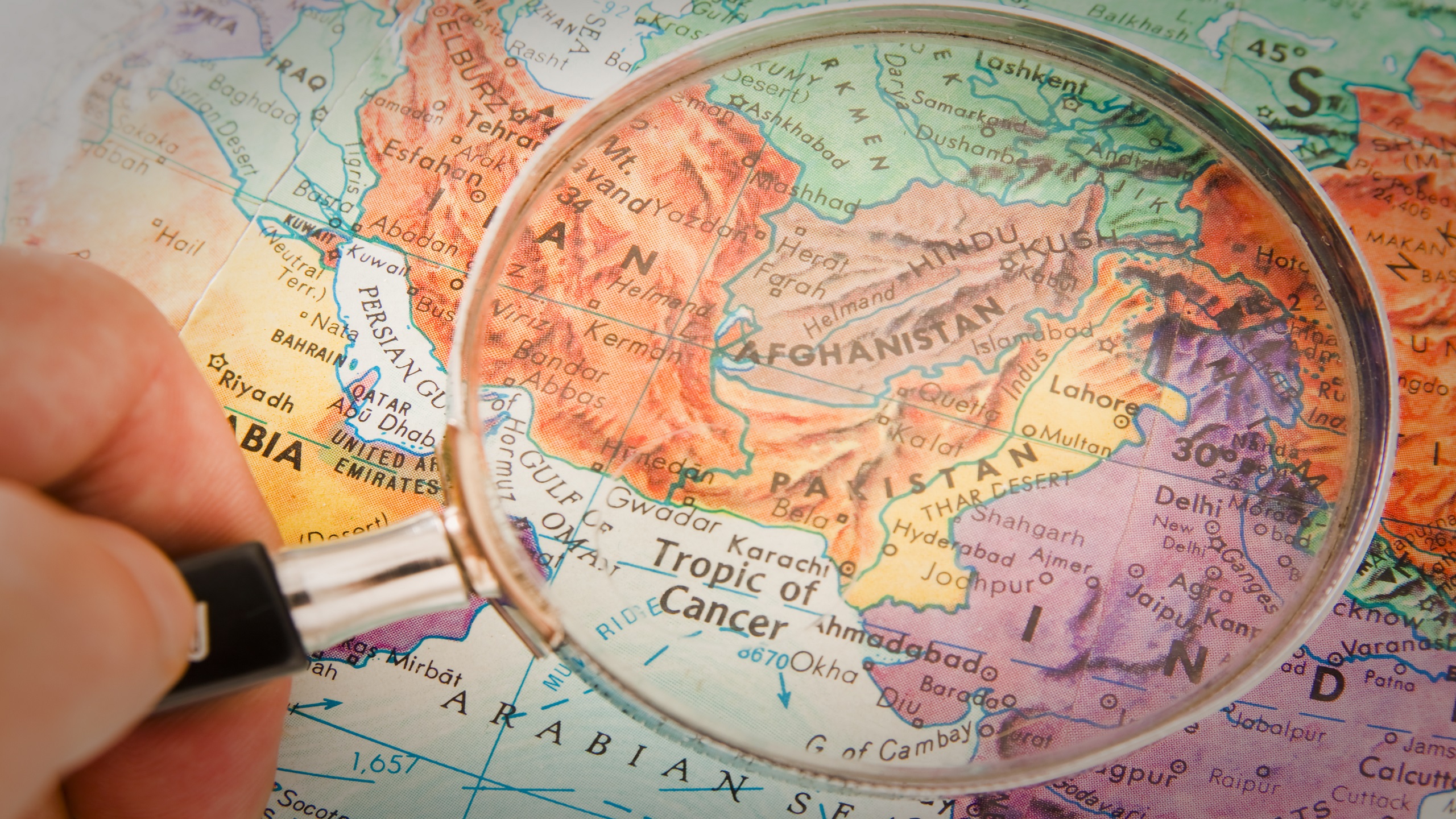Has India Decided To Deal With the Taliban?
Al-Ittihad, UAE, March 22
During the presidencies of Hamid Karzai and Ashraf Ghani, India forged strong ties with Afghanistan, investing over $3 billion in various projects such as schools, roads, dams, and the construction of the parliament building. One notable contribution was the 218-kilometer road from Zaranj to Delaram, which aimed to streamline the movement of goods and services. Additionally, India initiated the Salma Dam project in Herat Province to boost power generation. In an effort to bolster relations with Afghanistan and its people, India also granted Afghan citizens visa-free entry for education, work, and medical purposes. The sudden and swift rise of the Taliban in Afghanistan in 2021 caught India, like the rest of the world, off guard. This turn of events presented New Delhi with a conundrum on how to navigate its relationship with its crucial neighbor. Initially, India distanced itself from the Taliban, reducing popular-level interactions and revoking all visas granted to Afghan citizens due to security concerns and visa misuse. On the other hand, China seized the opportunity to enhance its diplomatic ties with the new authority in Kabul, while India opted for a pragmatic approach of engaging with the Taliban government. In light of these developments, a delegation of high-ranking Indian officials visited Afghanistan to initiate dialogue with Taliban Foreign Minister Amir Khan Muttaqi in an effort to forge new ties. Though India does not formally recognize the Taliban regime, it has sought ways to establish communication with the government. Despite maintaining a reduced diplomatic presence in Kabul, India recently conducted online sessions for Taliban representatives on various topics such as culture, legislation, and business. The Taliban, striving for international legitimacy, has expressed interest in India continuing its development activities in Afghanistan, given India’s robust economic growth. In response, India has extended support by providing essential supplies during times of crisis and offering humanitarian aid. Furthermore, India has engaged in diplomatic initiatives, including attending the Regional Cooperation Initiative meeting organized by the Taliban, highlighting a cautious yet pragmatic approach toward recognizing Taliban rule in Afghanistan. In a bid to strengthen economic ties and ensure regional stability, India has explored avenues of cooperation with the Taliban government, including leveraging the Chabahar Port project in Iran. These efforts align with India’s strategic objective of safeguarding its interests amidst the evolving situation in Afghanistan, which directly impacts its security, especially along sensitive border regions. The decision to engage with the Taliban reflects a departure from India’s historical skepticism toward the group due to its past associations with Pakistan and terrorist activities. As India adapts to the new reality in Afghanistan, it faces the challenge of navigating a pragmatic yet assertive approach toward the Taliban regime, aiming to safeguard its national interests while promoting stability in the region. Ultimately, India’s evolving stance toward the Taliban underscores the dynamic nature of geopolitics and the imperative of strategic adaptability in responding to complex global challenges. —Zikru Al-Rahman (translated by Asaf Zilberfarb)

